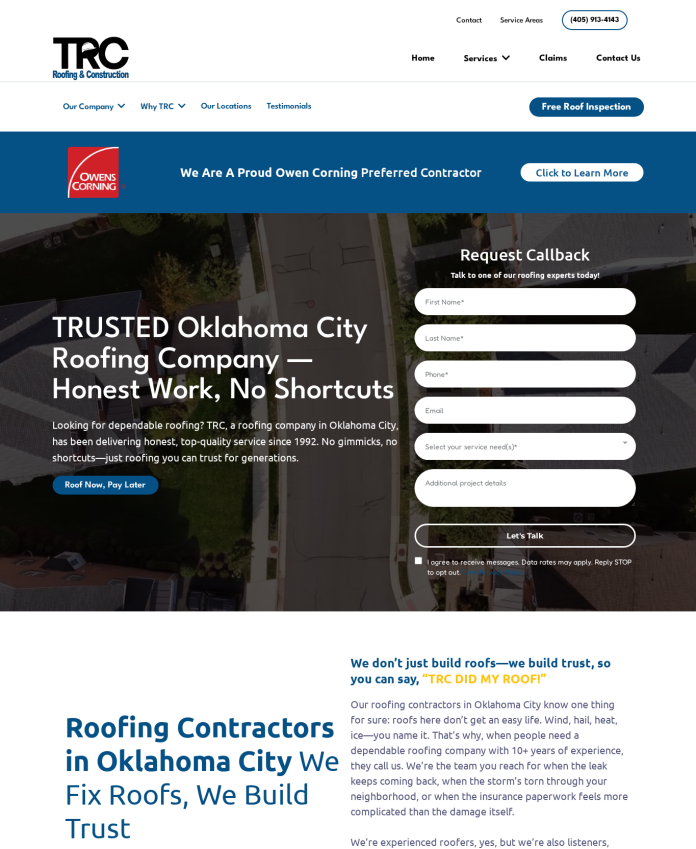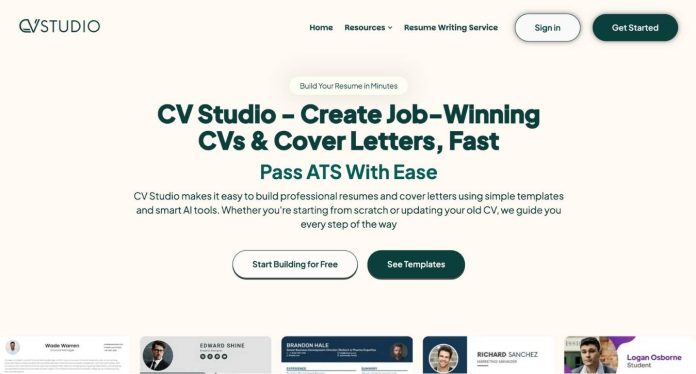[ad_1]
Sure, people aren't camping outside stores in the rain to get the latest and greatest desktop computer these days, but personal computers are far from dead. Simply put, there are certain functions that mobile devices and laptops cannot or cannot do almost as well as the desktop.
Not to mention, there is no price hit. The budget desktop will run miles on the budget laptop. It's expensive to make things small. Small size is what attracts some people when choosing a new computer, but these days big honking towers are not your only option.
Desktop computer styles
There is a lot of contrast and choice in the desktop form factor, which is pretty cool in some ways, but it makes the buying process more complicated. You can find computers in each of these categories at a variety of price points, so the most important thing to keep in mind is how you plan to use your desktop.
tower
Classic desktop form factor, horoscopes suspended for a good reason. It is difficult to allocate a significant amount of power on smaller devices such as a laptop or tablet at a reasonable price. The ability to price ratio of tower computers is largely unbeatable.
There is also a lot of flexibility with the tower. There is more room to upgrade and expand the system when newer technology emerges, while you may only need to purchase an entirely new system using smaller devices.
However, the towers occupy a very large area, and if the space is higher than your home, the tower may be out of the question. It also requires a separate monitor, keyboard and mouse. There are some instances when these accessories are included, or you can get a discount if you purchased them at the same time that you buy the computer, but plan to purchase those accessories when setting your budget.
All in one
All-in-One computers provide a simple, space-saving suite. This is, in essence, a cross between a desktop and a laptop. It features a large screen with all the necessary components integrated in the back or base.
The compact design gives you more flexibility while laying it and keeps your working area cluttered. Additionally, since everything is integrated, setup usually requires connection. You still need a separate keyboard and mouse.
Since these computers are smaller, they are not as powerful as the tower and you cannot customize and expand them (although this makes them simpler). There is also a problem if the screen crashes, then you need an entirely new computer.
Miniature computers and stick
Computers use these portable components to keep them small (like all-in-one). As such, it is not very powerful, but it is very portable. Miniature computers are small enough to hide behind a screen or TV, and tablet computers are slightly larger than a thumb drive. Due to their small size, they are not very strong and internal expansion is limited to impossible.
Although you won't be able to play any advanced games or edit multimedia, it does great for everyday tasks, surfing the internet, and watching media. Setup is very easy and it is versatile as you can use it as a home office during the day, then connect it to a home theater TV at night.
Various operating systems
The question is not being asked about the operating system (OS) running with desktop computers as it is with tablets and smartphones, but it is still one of the things to consider.
Windows 10
This is definitely the most popular desktop operating system, so you will have a wide range of devices as well as compatible third-party software. It's designed around the touch interface, although it still works great with the classic mouse and keyboard, so if you don't buy the touch screen you won't have any issues.
Sierra macos
If you are in an Apple fan family, then Mac can be for you. Sierra is only available on Mac computers, so you are limited on your devices, but these are well-equipped computers that historically have fewer problems with viruses. Mac will also be seamlessly paired with other Apple hardware and software.
Chrome OS
If you are just looking for simplicity, then Chrome OS will be your ally. The operating system runs custom applications and cloud-based programs instead of other operating systems that run programs. It is not suitable for difficult tasks like games, but it is suitable for email, file sharing and browsing. You will always need an internet connection, but this is not a problem with desktop computers.
Types of desktop computers
Not everyone will use the desktop for the same reasons, and how they affect how they use them will affect the type of computer you buy. After all, you don't need a complicated, high-power machine to review your email.
Commercial computers
These computers are stripped from the back, and they have no embellishment machines that do not allow advanced computing, but are easy to service and upgrade. They usually provide additional software for security, software, hardware certificates, software support, and some even have on-site technical support.
Workstations
These are specialized computers featuring multi-core processors and extensive graphics. It is ideal for scientific calculations, creation of media and other high-energy tasks that will not be possible remotely on a laptop.
computer games
These (as the name suggests) are made for games. It features dedicated graphics cards, extremely fast multi-core processors, and many of them have delightful design elements although those costs generally cost more. Upgrade is a must as newer and more immersive games are released.
Language learning
There are a lot of terms that you need to know before buying a computer so you know what you are already buying. This list of PCWorld is included in more detail, but below is a quick explanation of the terms you should know and understand.
CPU
This is the mind of your computer. Processor speed is measured in GHz and generally, the higher the clock speed, the better the performance and the higher the price. The more cores the processor has the better performance as well. Desktop computers have either an Intel or AMD processor.
memory
The random access memory (RAM) determines how well your computer performs in multitasking. The more RAM, the better, especially for high-power tasks such as games. For simple tasks like email and surfing the internet, 2 GB is fine, but for anything more advanced than that, look for a computer with 4 GB or more.
Internal storage
The amount of storage your desktop contains determines how much you can keep on your computer. Desktop computers always have more laptop storage and lower cost. It's also easy to upgrade your hard drive to get more storage or upgrade to a solid state drive.
Wait for the best rate, but don't wait long
Once you know which computer you want (and read a lot of reviews to make sure he's actually eager to snuff), it's time to buy. This can be difficult to use on the desktop since it can be very expensive and technology is always evolving.
While it might be tempting to just buy a computer when you're ready, you might miss a lot or the latest technology. Shop regularly for a long period of time instead of spending an entire day strolling around. You are more likely to make a deal this way. Also check launch dates for new models. Maybe you get a good deal on an older model, or you might just want to get the latest technology.
Waiting for the sale also means that you can increase the size of your PC specifications with the money you save, which means your PC is a little "clue to the future" than if you were going to the cheapest one you can find.
However, this is a balancing act. If you spend a lot of time waiting for the perfect deal or the latest style, you won't end up buying a desktop. So be patient and wait for sales, but once you find the model you want in an affordable price range, keep track and buy it.
[ad_2]&



